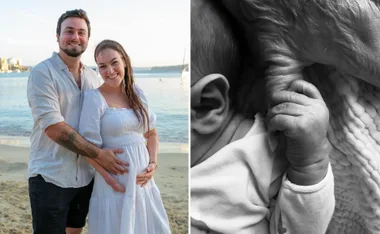By now we probably all know the tragic story of Daniel Morcombe – the 13-year-old boy who was abducted, and later murdered, while waiting at a bus stop on the Sunshine Coast in December, 2003.
Daniel’s parents, Bruce and Denise, deeply impressed the Australian public with their bravery and dedication to not allow their young son’s life to be lived in vain by setting up the Daniel Morcombe Foundation in a bid to educate society about children’s safety in 2005.
As a part of the foundation, today is the 11th annual Day for Daniel – a national day of remembrance and action to raise awareness for child safety, protection and harm prevention.
Walks take place around Queensland and the country, and members of the public are encouraged to wear red – Daniel’s favourite colour.
Parents are also encouraged to take some time today to talk to their children about their personal safety. Here are a few pointers to help you get the conversation started.
Make it a non-negotiable rule that your child tells you or a trusted adult where they are going, what time they will be home, who they are with, and that if they change their plans, they communicate that with you in a timely manner. A pre-paid mobile phone for your child may be beneficial in these situations.
Speak to your children about intuition – what it means and what it feels like – so that they can start to trust their instincts about potentially unsafe situations.
Explain that our bodies give us clues about situations – sometimes we get butterflies in our stomach, our hearts start pounding, our knees go wobbly, and our palms get sweaty. Let your children know that if they start to feel a bit funny about being in a particular place or with a particular person, that it’s OK for them to run away and speak to a trusted adult about it.
Talk to your child about the kinds of adult behaviour that is NOT OK.
Inviting them into their house without you present
Asking them to disobey your rules
Asking if they’d like a lift home
Asking them to keep a secret
Asking them to help look for a lost pet
Also let your child know that it’s OK for them to scream if they feel unsafe, and if they can’t get in touch with you, that they are allowed to call the police for help.
For many more helpful resources, visit The Daniel Morcombe Foundation website










